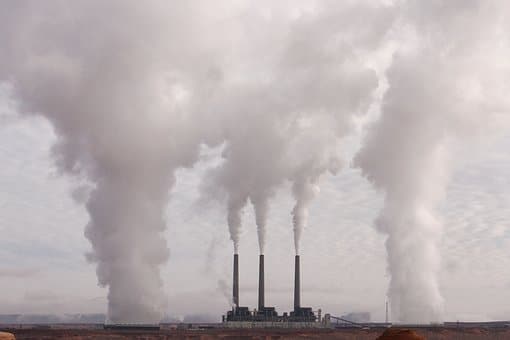Pennsylvania Governor Vetoes Bill That Would Have Stalled Efforts to Join RGGI

Pennsylvania Governor Tom Wolf, a Democrat, vetoed legislation, which would have prevented the state from implementing measures to limit carbon emissions without legislative approval. The state’s Environmental Quality Board recently voted in favor of a proposed regulation that would allow the state to participate in the Regional Greenhouse Gas Initiative, or RGGI, a cooperative effort among 10 states to cap and reduce emissions from the power sector. The bill would have thwarted the rulemaking effort.
In his veto message, on Sept. 24, Wolf said that the immediate effect of legislation would be to halt a rulemaking package underway by the Department of Environmental Protection. The measure is in response to an October 2019 executive order, which is in accordance with the authority of the Air Pollution Control Act to address power plant emissions. Further, Wolf noted that the Regulatory Review Act and the Air Pollution Control Act provide opportunity for extensive public participation and legislators also have a role in the rulemaking process, including through their advisory committees and the Environmental Quality Board.
Pennsylvania’s entry into RGGI is significant in that it would bring a major fossil fuel producing-state into the compact, which puts a limit on carbon emissions from the power sector. RGGI’s market-based approach sets an annually declining limit on carbon emissions and allows polluters to buy or sell permits. Pennsylvania is the nation’s second largest natural gas producer after Texas, and ranks third in coal production behind Wyoming and West Virginia.
RGGI’s latest quarterly carbon auction held earlier this month sold out of allowances, with clearing prices reaching the highest level since the December 2015 auction. The auction yielded about $110.4 million, bringing the total proceeds to nearly $3.66 billion. RGGI now has 10 member states after the re-entry of New Jersey which began participating in auctions this year after almost a decade. Virginia is set to join the program following the enactment of the Clean Economy Act in April, setting the state on the path to carbon-free power.
EnerKnol Pulses like this one are powered by the EnerKnol Platform—the first comprehensive database for real-time energy policy tracking. Sign up for a free trial below for access to key regulatory data and deep industry insights across the energy spectrum.
ACCESS FREE TRIAL